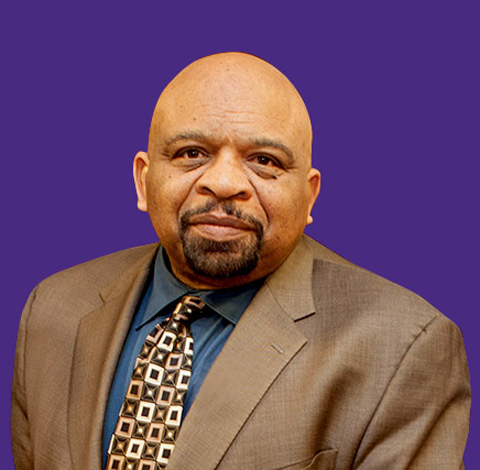President's Column: All Healthcare Workers Deserve $15 An Hour!
October 26, 2015
It’s a moral imperative to pay our vital caregivers a living wage.
The “Fight for $15” movement to raise the minimum wage to $15 an hour has given a huge burst of energy to the labor movement. Until recently, that fight has focused on fast-food workers, and we 1199ers are happy to have played a role in support of these poverty-level sisters and brothers. In New York State, the movement has already achieved a great success as the state labor commissioner has mandated the $15 minimum by 2018 for hundreds of thousands of fast-food workers.
In the meantime, we have tens of thousands of our own 1199 sisters and brothers—primarily homecare workers—who are making less than that. It is an absolute scandal that workers who devote their lives to caring for our frail, elderly and disabled are themselves living in poverty. We aim to put an end to this disgrace.
It is a moral imperative that all homecare and healthcare workers receive $15 per hour. Extreme income inequality is a threat to our very democracy. With a living wage, we can ensure more compassionate care for homecare clients and better lives for homecare workers and their families.
In June, we made history when our 35,000 Massachusetts personal care attendants (PCAs), as homecare workers are called in that state, became the first in the United States to win a $15 minimum hourly wage. This is a huge achievement. But it is only the beginning.
The voices of our Massachusetts PCAs are inspiring. “This victory, winning $15 per hour, it means we are no longer invisible,” says Kindalay Cummings- Akers, a PCA from Springfield. “We showed the world that it is possible.”
Rosario Cabrera of New Bedford says, “I am so proud that I can show my children and someday tell my grandchildren that I was part of this moment in history, that I was part of a movement for social justice. We want all home care workers to win $15 per hour—and to do it first in Massachusetts fills us with pride.”
Veteran 1199ers have witnessed many changes in our healthcare industry. In the past dozen or so years, we’ve seen a dramatic restructuring of healthcare delivery away from acute care and toward ambulatory care. This is a trend that is bound to accelerate, especially under the Affordable Care Act, for reasons both of cost control and better patient outcomes.
Home health care has taken on increasing importance which will only grow with our aging patient population. The U.S. Dept. Of Labor estimates there are now about two million home health aides and projects a 50 percent increase in that number within a decade. Nine of every 10 homecare workers are women, many of them heads of households with children.
Income inequality is now on the lips of many an aspiring politician. But more than hand-wringing is needed to end this economic injustice. Virtually all funding for homecare comes from Medicaid, which is funded jointly by the federal government and the states.
In New York, after securing the $15 minimum wage for fast-food workers, Gov. Andrew Cuomo has come out strongly for the same for all workers in the state. Our 80,000 homecare workers deserve no less. The fast-food workers raise comes due by 2018 in New York City, by 2021 statewide. This standard and these deadlines—if not higher standards and faster deadlines—should apply to homecare workers who arguably provide a more essential service and unquestionably a healthier one.
The job of the home health aide is a difficult one, and among those with the highest injury rate. The homecare worker provides health care protocols (measuring and recording vital signs, collecting routine specimens, feeding, assistance with medication, etc.), personal hygiene services (bathing, dressing, grooming, skin care), housekeeping tasks (laundry, shopping, etc.) and other related support services essential to the consumer’s health.
The governor, backed by our union and other labor organizations, will take the fight to the NY Legislature. If successful, New York will become the first state with the $15 an hour minimum wage, which would generate $15.7 billion annually in increased wages. The fast-food workers raise comes due by 2018 in New York City, by 2021 statewide. This standard and these deadlines—if not higher standards and faster deadlines—should apply to homecare workers who arguably provide a more essential service and unquestionably a healthier one.
Because they work alone, and depend on Medicaid dollars for their livelihood, it is only through our union members that they have the collective strength to make gains in our state capitals and in Washington, DC. It is little wonder but most admirable that our least-paid 1199 members are among our most militant, the first to mobilize for our demonstrations, the most generous with their contributions to our Martin Luther King, Jr. Political Action Fund.
Homecare is the fastest growing sector of our healthcare industry. Solidarity with our homecare sisters and brothers must become a priority for every 1199er. It begins now with the fight for $15 an hour minimum wage. But we’re just getting started. Ain’t no stopping us now.


